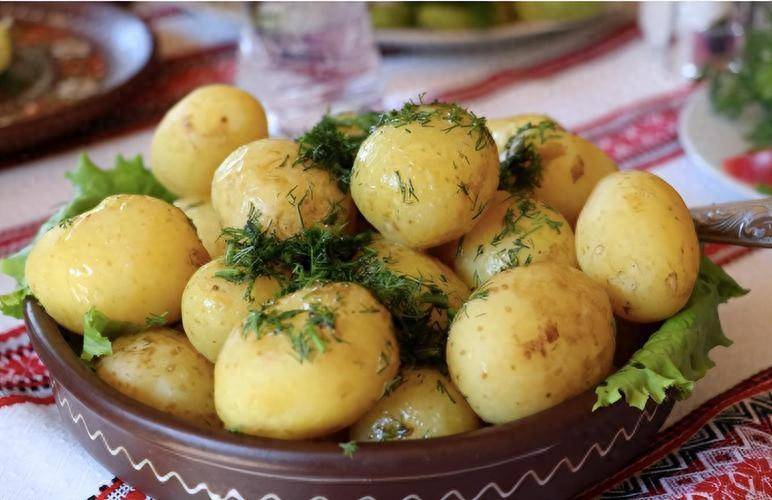Before reading this article, we invite you to click “Follow”. It will make it convenient for you to discuss and share, and provide you with more professional health knowledge. Thank you for supporting, it shall help ensure your health,
“Your stomach issues are back again?” 68-year-old Lao Qian felt helpless about his stomach, as he rubbed his abdomen and walked into the hospital gate.
In the past few days, Lao Qian’s stomach pain recurred, always feeling a burning sensation in his stomach, everything he ate didn’t feel right. Today, he came to the hospital for a comprehensive checkup.
Lao Qian’s acquaintance in the hospital, Nurse Xiao Zhang saw him and smiled, saying, “Lao Qian, is it the same old issue again?” Lao Qian nodded and sighed, feeling his stomach was like an old clock that could never be fixed, always needing to come to the hospital for some “maintenance”.
The results of the check-up came out quickly, confirming that Lao Qian indeed had gastritis again. The doctor, a young and humorous man, looked at the report and said to Lao Qian, “It seems like your stomach is really delicate! You need to take good care of it.”
Thinking about something, Lao Qian remembered hearing on TV that stomach patients should not eat potatoes, which puzzled him because potatoes were his favorite. He couldn’t help but ask the doctor, “I heard that stomach patients should not eat potatoes, is that true?”
The doctor smiled and shook his head, starting to explain to Lao Qian in detail: “This statement is not entirely accurate. Potatoes are high-starch food, a good source of energy for normal people. But for gastritis patients, especially when the condition is active, consuming too much high-starch food may indeed put more pressure on the digestive system, worsening stomach discomfort.
It depends on the consumption amount and cooking method. If the potatoes are well-cooked and eaten in moderation, it should be fine. After listening to this explanation, Lao Qian felt enlightened, thinking this doctor was not only professional but also explained things in a straightforward manner, a true angel in a white coat!
He continued to inquire about dietary adjustments for gastritis from the doctor, hoping to find more suitable recipes for himself. The doctor patiently answered one by one, making Lao Qian’s visit to the hospital informative.
Following the previous discussion, the doctor’s relaxed tone suddenly turned serious, and he said to Lao Qian, “Although we talked about potatoes already, do you know? There are two seemingly ordinary but least preferred foods for people with stomach issues, namely dried tofu and soybeans.”
Lao Qian was surprised because in his impression, soy products were always synonymous with healthy food. He couldn’t help but ask, “Aren’t dried tofu and soybeans sources of protein? Why should people with stomach issues avoid them?”
The doctor nodded, starting to explain in detail: “Dried tofu and soybeans are indeed good sources of protein, but they also belong to the legume category, containing a lot of plant protein and fiber, beneficial for normal digestive functions.
However, for gastritis patients, especially those with excessive stomach acid secretion or damaged stomach mucosa, these high-protein and high-fiber foods are not easily digested, which may cause stomach discomfort, or even exacerbate symptoms.”
He continued, “Certain substances in legumes, such as isoflavones and soy protein, although beneficial to healthy individuals, may impose additional burden on the stomach lining, especially when the mucosa is damaged, particularly when consumed raw. This is why even though they are healthy foods, they might not be suitable for specific groups of people.”
After listening, Lao Qian nodded, feeling like he had gained new insights into these seemingly harmless foods.
The doctor further added, “Therefore, if your stomach problems occur frequently, or you feel discomfort after eating legumes, it is advisable to reduce the intake of such foods. Not just dried tofu and soybeans, but other legume products should also be taken into account.”
Thinking deeply, Lao Qian asked, “How should I adjust my diet then?” The doctor smiled and gave some suggestions, “Firstly, try replacing legumes with easily digestible foods, such as fish and chicken, as protein sources, which are easier for the stomach to digest.
Secondly, consume more vegetables and fruits, but select those with less coarse fiber, like pumpkin, carrots, etc. Also, try to avoid raw or overly greasy foods, as these are the main culprits for irritating the stomach lining.”
Although the doctor’s words were simple, they were a profound education for Lao Qian. Through this conversation, not only did he solve his doubts, he also learned how to better manage his stomach issues through diet. He realized that even though it was a small step, it was an important one towards a healthy life.
Lastly, the doctor suggested that he could keep a simple dietary diary, recording his daily food intake, timings, and subsequent stomach reactions. This could help him better understand what foods or dietary habits his stomach can tolerate.
Through this conversation, Lao Qian not only resolved his doubts about potatoes but also learned many methods on how to manage and alleviate stomach issues through adjusting dietary habits. He felt this hospital visit was worth it, and he now had more trust and respect for the doctor in front of him, grateful for not only treating his illness but also teaching him how to live a healthier life.
(All names mentioned are pseudonyms)
What are your thoughts on stomach issues? Feel free to discuss in the comments section!


